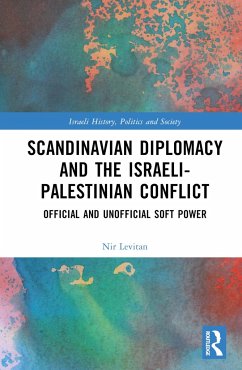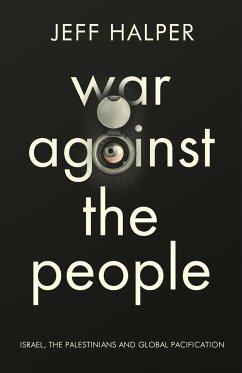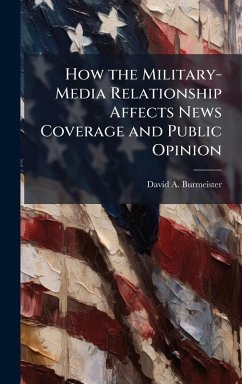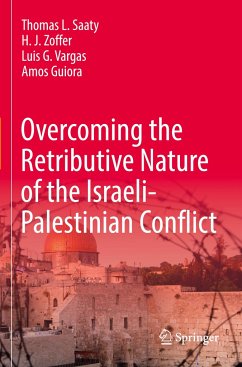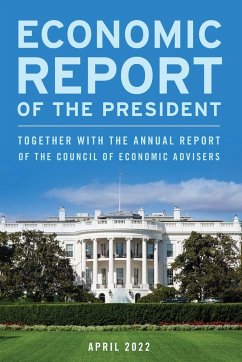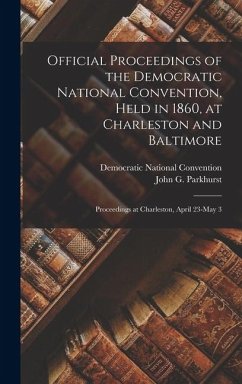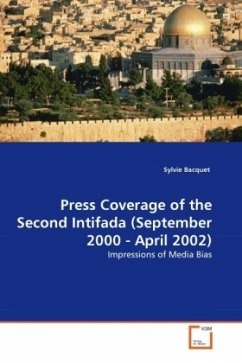
Press Coverage of the Second Intifada (September 2000 - April 2002)
Impressions of Media Bias
Versandkostenfrei!
Versandfertig in 6-10 Tagen
32,99 €
inkl. MwSt.

PAYBACK Punkte
16 °P sammeln!
The Israeli-Palestinian conflict receives extensive media coverage, both at the national and international level. As any major international crisis, involving very fundamental issues, the Intifada triggers deep emotional feelings, and thus it offers very good material to the media. In considering the reporting of the second Intifada in the Israeli press, the Palestinian press and in The New York Times, as prime example of the American press, this study examines the impact of the media on the Israeli-Palestinian conflict and demonstrates that media coverage of the Intifada has a significant inf...
The Israeli-Palestinian conflict receives extensive media coverage, both at the national and international level. As any major international crisis, involving very fundamental issues, the Intifada triggers deep emotional feelings, and thus it offers very good material to the media. In considering the reporting of the second Intifada in the Israeli press, the Palestinian press and in The New York Times, as prime example of the American press, this study examines the impact of the media on the Israeli-Palestinian conflict and demonstrates that media coverage of the Intifada has a significant influence on public opinion worldwide and thus on the conflict itself. This research illustrates how the media can contribute to escalation of violence, by exacerbating hatred and antagonising the parties to the conflict through biased reporting, omission or by using a language of incitement. It shows how the media often abandon their professional duty of fairness and objectivity in order best to serve the interests of their own nation.



